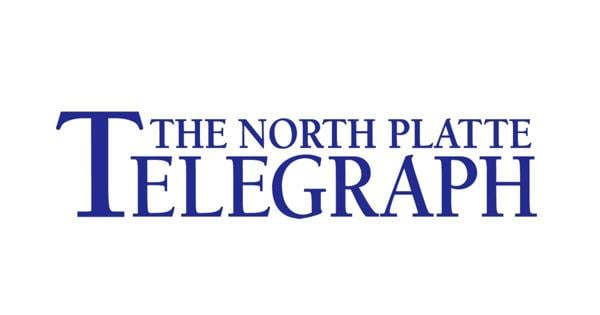Japanese consumers are increasingly interested in personalized nutrition, driven by East Asian trends, especially from South Korea. The surge in popularity is attributed to the focus on natural ingredients. South Korean health and beauty companies are strategically targeting the Japanese market to leverage this trend.
With Japan’s consumer health industry projected to grow at a volume compound annual growth rate (CAGR) of 6–7% during 2023–28^, these companies aim to tap the growing demand for personalized nutrition demand in the country, says , a leading data and analytics company. Mani Bhushan Shukla, Analyst at GlobalData, comments: “The landscape of personalized nutrition has evolved significantly, extending beyond just functional foods and allergen-free options. Manufacturers are increasingly formulating products tailored to specific medications consumers are taking, addressing the nutritional requirements that accompany these treatments.

“Urban consumers with busy schedules are looking for convenient food and drink products to better manage their time. This aligns with GlobalData’s 2024 Q2 consumer survey, wherein 66% of consumers in Japan stated that their choice is influenced by how well the product/service aligns with their time and money constraints when buying food and drink products*.” Mariko Kadosaka, Key Account Director at GlobalData Japan, notes: “The demand for personalized nutrition is generally high in Japan, given that consumers are extremely health-conscious and pay attention to their diets to stay fit and healthy, which is also reflected in the GlobalData consumer survey, wherein 38% of Japanese consumers concurred they are always/often influenced by how a product impacts their health/wellbeing*.
” With Japanese consumers living busy lifestyles, they are relying on personalized food and drinks to fill nutrient gaps in their diets. As many as 45% of respondents admitted they pay high/very high attention to the ingredients used in the food and drinks they consume*. In Japan, protein products are commonly sold in large containers, which can be cumbersome for some consumers to fully utilize.
Additionally, the hassle of washing a shaker at the gym or workplace makes single-serving formats more appealing. Shukla adds: “South Korean protein powder is becoming increasingly popular in Japan, driven by its practical single-serve pouch format, ease of use (just add water, consume, and dispose of the pouch), and visually appealing designs that highlight webcomic characters on select pouches. “Recognizing the increasing demand for personalized nutrition in Japan, Slow Rocket, a South Korean supplement manufacturer, introduced Shake Baby-branded protein supplement pouches, aimed primarily at beauty care and weight loss rather than muscle enhancement.
” Kadosaka concludes: “The South Korean health and beauty industry has gained worldwide recognition for its pursuit of quality. Through meticulous control of procurement, processing, and production systems, as well as the implementation of stringent quality assurance protocols. In recent years, Japan has also witnessed the emergence of a growing trend towards personalized nutrition products, solidifying its position as a popular destination for such products.
” ^GlobalData Consumer Intelligence Center – Market Analyzers, accessed in August 2024 *GlobalData Q2 2024 Consumer Survey – Japan, published in July 2024, with 503 respondents If you are a member of the press or media and require any further information, please get in touch, as we're very happy to help..



















